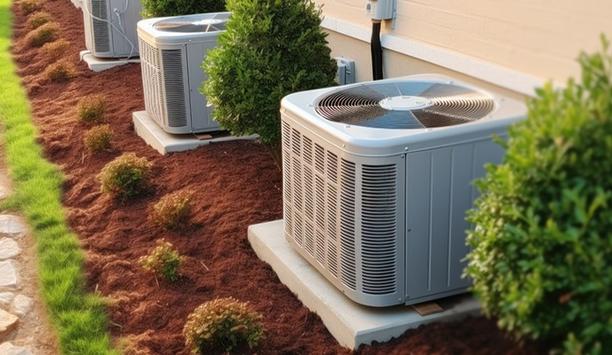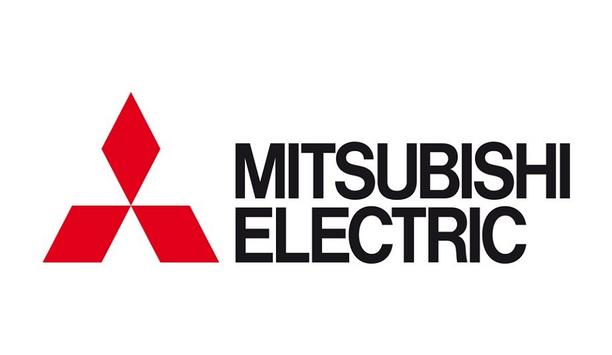If the Kigali Amendment to the Montreal Protocol is ratified in the United States, the HVAC industry could benefit for years to come. Overall, the amendment could provide an additional 33,000 jobs and $12.5 billion in annual economic output.
Those numbers are from a study by the Air-Conditioning, Heating, & Refrigeration Institute (AHRI) and the Alliance for Responsible Atmospheric Policy. It’s one quantifiable estimate of the economic impact of the Kigali Amendment, which promises to reduce the use of hydrofluorocarbons (HFCs) more than 80% over the next 30 years.
Next-Generation Technologies
HFCs were embraced at the time as a replacement because they are safe for the ozone layer
The amendment provides a gradual phasedown of currently used HFCs to allow a more cost-effective transition to next-generation technologies. The Montreal Protocol (ratified in 1989) originally pledged to phase out the use of chlorofluorocarbons (CFC), including the hydrochlorofluorocarbon (HCFC) R-22, which was previously used in refrigeration and air conditioning systems.
HFCs were embraced at the time as a replacement because they are safe for the ozone layer, although they are a greenhouse gas and thus contribute to global warming. That was not as big a concern in the 1980s. The Kigali Amendment, which was negotiated in Kigali, Rwanda, in 2016 and ratified in November 2017, now targets use of HFCs in signatory countries beginning in January 2019.
Economic Benefit To Businesses
The amendment is expected to prevent up to a 0.9 degree Fahrenheit increase in global warming through the end of the century. That impact is significant given the 2015 Paris Agreement’s goal to keep the increase in global temperature below 2 degrees Fahrenheit through 2100.
President Trump has not submitted the Kigali Amendment to the Senate for approval
So far, 65 countries have ratified the Kigali Amendment, but it has not yet been ratified by the U.S. Senate. President Trump has not submitted the Kigali Amendment to the Senate for approval, although they would likely approve it because of the potential for economic benefit to businesses. Earlier, Barack Obama attempted to implement the Kigali Amendment without Senate approval but was undermined by the Supreme Court.
Addressing Damage To The Ozone Layer
An issue is whether the Kigali Agreement should be made part of the 1992 United Nations’ Framework Convention on Climate Change because it targets global warning, rather than part of the Montreal Protocol, which is aimed at addressing damage to the ozone layer.
The Kigali Amendment freezes HFC usage at certain annual levels for various countries and then seeks to reduce use of HFCs after that. Developed countries (such as the U.S.) would freeze HFC production and use in 2019, while developing countries such as China and Brazil would freeze usage in 2024. Developing countries, such as India and Pakistan, would freeze usage in 2028. Alternatives to HFCs include hydrofluoro olefins (HFOs) and natural refrigerants such as R-717, R-744, propane and butane.
Heat Pump Equipment
Switching away from HFCs requires a replacement of heat pump equipment
HFOs are a new class of unsaturated HFC refrigerants that have a lower global warming potential and shorter atmospheric lifetimes; they are not included as substances to be phased down in the Kigali Amendment.
Switching away from HFCs requires a replacement of heat pump equipment. During the transition, the industry will depend on hybrid refrigerants that combine HFCs and HFOs to meet regulatory targets without requiring HVAC equipment to be replaced.
While HFCs are out of patent and cost around $7 a pound, the patented replacements, such as Solstice (Honeywell) and Opteon (Dupont), cost around $71 a pound. Replacing a heat pump to accommodate the newer substances will cost consumers thousands of dollars in equipment and installation costs. For the HVAC industry, it represents a potential business boon.







































